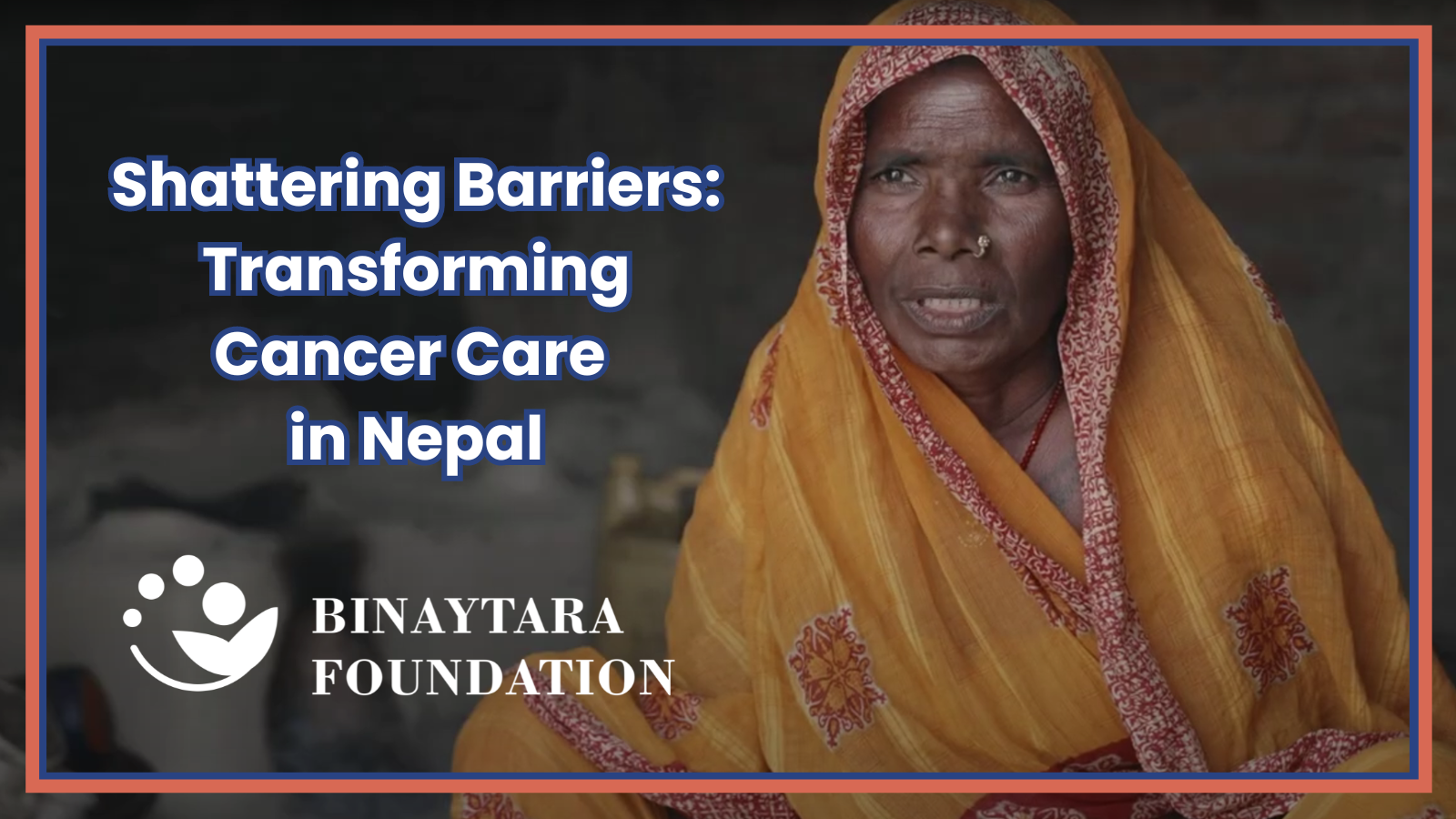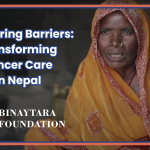The 2024 Summit on Cancer Health Disparities showcased the work of numerous impassioned researchers, physicians, and medical students, all presenting various research topics and case studies. Many topics chosen were inspired by personal experiences and identities.
Dr. Andrea Curry, who submitted her abstract “Comparison of the Socio-Demographic Characteristics Between Black and White Patients with De Novo Advanced Breast Cancer – A Hypothesis-Generating Exploratory Analysis,” pursued this topic to understand why patients make the decision to delay care. She was motivated by a close family member’s experience with stage four cancer.
Her study looked at black and white patients presented to West Cancer Center and Research Institute with de novo metastatic (DNM) disease from 2018-2021. The objective was to examine why Black women with DNM disease delay seeking care at symptom onset.
Curry and her team’s research evaluated socio-demographic characteristics among the patient groups. From her study, she found that there is a greater need to meet with patients to understand their decision-making process. Her observations suggest that more research is needed to better understand sociocultural factors that influence disparities in healthcare decision making and healthcare engagement.
“The research findings will invoke social change for the greater community if we can educate them on the importance of seeking timely medical care at the onset of symptoms,” said Curry.
Curry, who presented at SCHD before in 2022, said she enjoyed the conference and with the encouragement of Dr. Gregory Vidal, submitted an abstract again this year. She added that she always meets great people at the conference and makes wonderful connections.
Read more about the abstract >>
Emelei Klein, a third year medical student, focused her research on the impact of breast cancer in sexual and gender minority adults. She conducted a literature review to summarize breast cancer incidence and screening, risk factor prevalence, barriers to healthcare access, and health outcomes within this subpopulation.
“As a member of the LGBTQIA+ community myself, advancing equity research in this underserved population is important. Due to institutional inability to adequately record gender and sexual information as well as sexual and minority adults’ fear of disclosure, this subpopulation is underrepresented in cancer research. With breast cancer so intimately tied to gender, I wanted to investigate what disparities the LGBTQIA+ community face,” said Klein.
Klein’s research found that sexual and gender minority adults have higher prevalence of risk factors for breast cancer and that some are less likely to complete screening mammography. There is also a lack of guideline-approved breast screening recommendations for transgender women on gender affirming hormone therapy as well as transgender men post top-surgery.
“We hope these findings will inspire the medical community to create data-driven guidelines for mammography to improve earlier detection and breast cancer morbidity and mortality for sexual and gender minority adults at higher breast cancer risk,” said Klein.
Klein also credited her principal investigator and mentor Dr. Alvaro Menendez for his support and helping her cultivate the project from its conceptualization.
SCHD 2024 was Klein’s first opportunity to present her research at a national level. Klein said the conference provided a supportive and encouraging environment to share her findings with many like-minded individuals who were also passionate about advancing health equity.
Read more about the abstract >>






